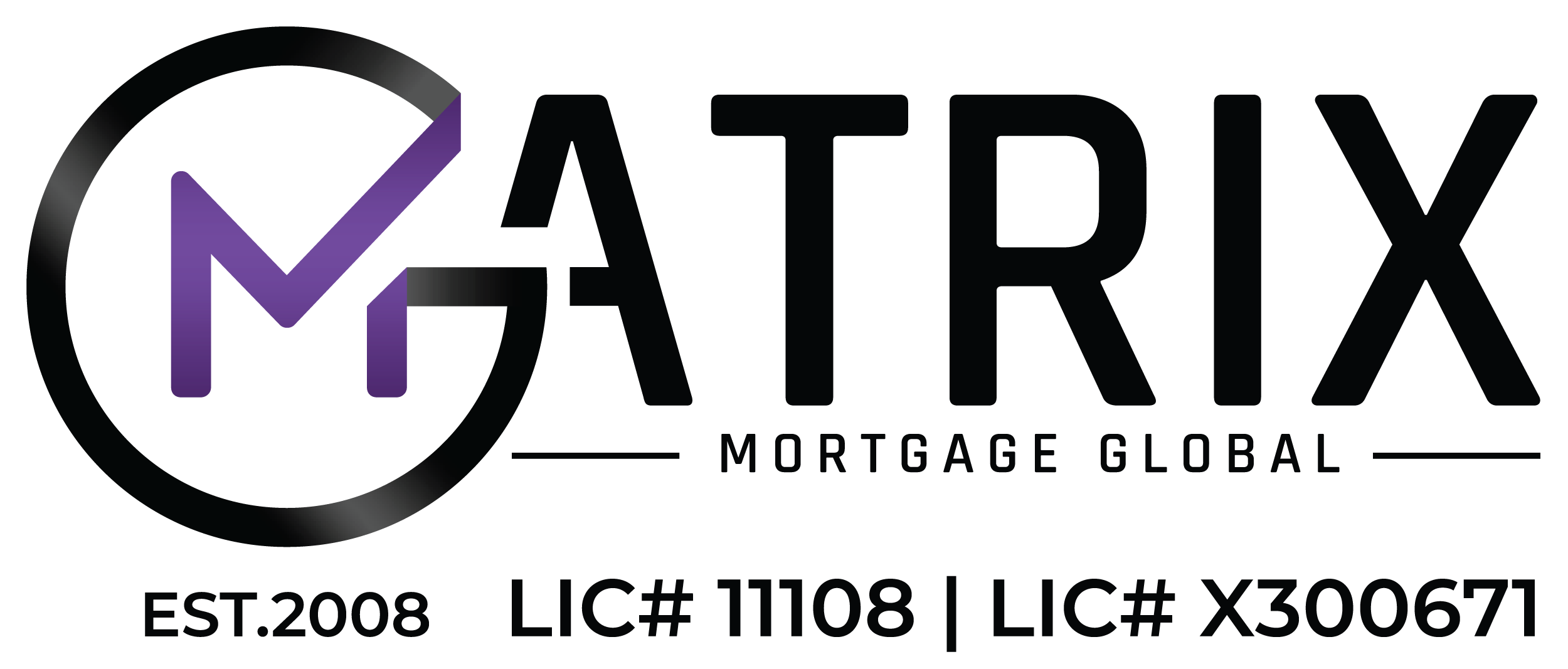
Private Mortgage Tips & Advice to Help You Save
Do you have financial dreams or goals that just seem a bit out of reach? For some, a Home Equity Loan can help achieve those goals and make dreams come true but converting equity into cash. A Home Equity Loan allows you to have the flexibility to choose which costs to cover, especially with large expenses. If you have a steady income, it can help a you use a home equity loan in the best way. Let’s take a look at some pros and cons of this type of loan, and you will be able to decide if it’s the right mortgage loan for you.
What is Home Equity? How does Home Equity work?
Home equity is the market value, excluding any liens that may be attached to, of your home. Home equity is the “personal wealth,” or accumulated value your home holds. It is an asset you can use to borrow against. To put it simply, home equity, is like a second mortgage secured by your house, and you can borrow money using your home as collateral.
Over time, as your property grows in appreciation and you pay down your home’s mortgage loan, you are building home equity. There are alternatives to selling your house to get equity turned into cash, but remember there are other ways to get equity funds without selling.
What Is a Home Equity Loan? What does it do?
You borrow against your home’s equity.
A home equity loan may be the best choice if you can’t get a lower rate when refinancing, or if you need to borrow a large amount of funds. You will pay less interest, but monthly payments can turn out to be higher. Home equity loans are a great idea for people who are in need of a large amount of funds for a specific purpose. It is good to know, when you have a home equity loan, you will make monthly payments on top of the regular mortgage payment.
You will notice home equity loans often have lower closing costs than refinancing, but they also have a shorter repayment period. Because you will usually have no more than 15 to 20 years to pay back a home equity loan, you will have less interest to pay. You will be able to repay the loan early with no penalties. You only pay interest on the amount you borrow, and can pay back the money at any time without penalties.
How a home equity loan works is: you will receive a lump-sum, once, from your mortgage lender. When you receive the money, you will then need to begin repaying the loan at a fixed rate. At this time, if needed, you can use the home’s equity to take out funds. This can help in the case of emergencies like sudden needed repairs, or education fees.
What are the Pros and Cons of Home Equity Loans?
Pros of Home Equity Loans
Lower Interest Rates, Fixed: Interest rates will be lower, since your home is used as collateral. Home equity loans tend to have some of the lowest interests rates available. When collateral secures the mortgage loan, lenders don’t seem to charge as much for borrowing. This is why Home Equity loans have lower interest rates when compared to personal loans. It is common that you can’t borrow more than 70% of your home’s value with home equity loan and first mortgage combines. This type of loan usually has a fixed interest rate, allowing borrowers to budget easier and have set monthly payments. There may be fees that could be rolled into your loan, such as closing and appraisal fees. You may be able to find a lender who will offer a home equity loan without those costs or fees. If you find yourself in a changing environment, the fixed rates can be a breath of fresh air, as the payments will remain steady, and not increase, over the time of the loan.
Monthly Payments are Lower: With this type of loan, there are repayments periods of 10 to 30 years, so monthly payments will be lower. Debts, home equity amount, and your credit score will determine what your interest rate will be.
Lump Sum Amount:By getting funds in a lump sum, you will be able to cover large expenses. It gives you flexibility to pay off financial obligations at one time.
You Can Use Funds for Any Purpose: It is an easy way to get a large amount of money almost immediately. If you need to use the home equity to pay for a new career, or pay off debt, you can use this loan. You have the ability to fund an investment property, or even start a business. You can use the lump sum of funds for various purposes.
Tax-Deductible: The loan can be tax-deductible, lowering the tax-expense liability, but interest may not be tax-deductible if you don’t use the loan for home improvements. So, if you use the loan to make much-needed improvements to the house which secures the loan, your taxable income will have interest payments deducted. You are paid in cash when you have a Home Equity Loan.
Cons of Home Equity Loans
Your home is what secures the loan: Home Equity Loans can be a bit risky for your home, as it is your house that is collateral for the loan. If you can’t make payments, it is possible to be faced with foreclosure. The lender can gain possession of the house if the borrower fails to pay. Carefully choose the term, interest rate and the loan amount, so you will be able to repay if times get tough. You don’t want to make more debt for yourself. Most lenders are willing to work with borrowers to modify or restructure a Home Equity Loan if needed.
Lump Sum Borrowing: For this type of loan, you can’t take out small amounts of funds whenever you need it, you have to take out a lump sum. You will then have to pay interest on the full sum you took out. You need to be careful not to take out too much. The home equity loan is good for a child’s education, but not a retirement plan, as you may not be able to pay it off later.
Poor Credit or too much Debt will Disqualify you from getting a Home Equity Loan: This is not the loan to get as a last resort. As with other loans, a mortgage lender will want to make sure you can repay the loan. You will need a credit score of 620 or more, and a maximum 50% debt-to-income ratio. A steady income will also be needed. Ask your mortgage lender what the requirements are, as some lenders will have different requirements for credit scores and debt.
Two Payments: You will have two mortgage payments to make. If you are still paying your first mortgage, you will now have another payment to make. This can reduce your expendable income, and eat away at your savings.
As with all loans, there are pros and cons to a Home Equity Loan. It is a financial dream for some, but it must be examined and thought through to get the most benefits. Different mortgage lenders will have different rates on home equity loans, so don’t be afraid to look around and see what options are available.
Each loan is developed to be specific to a person’s financial dreams and individual situation. What works for one person, may not work for another. Speak to your mortgage broker today, and see if a Home Equity Loan is the right choice for you.

